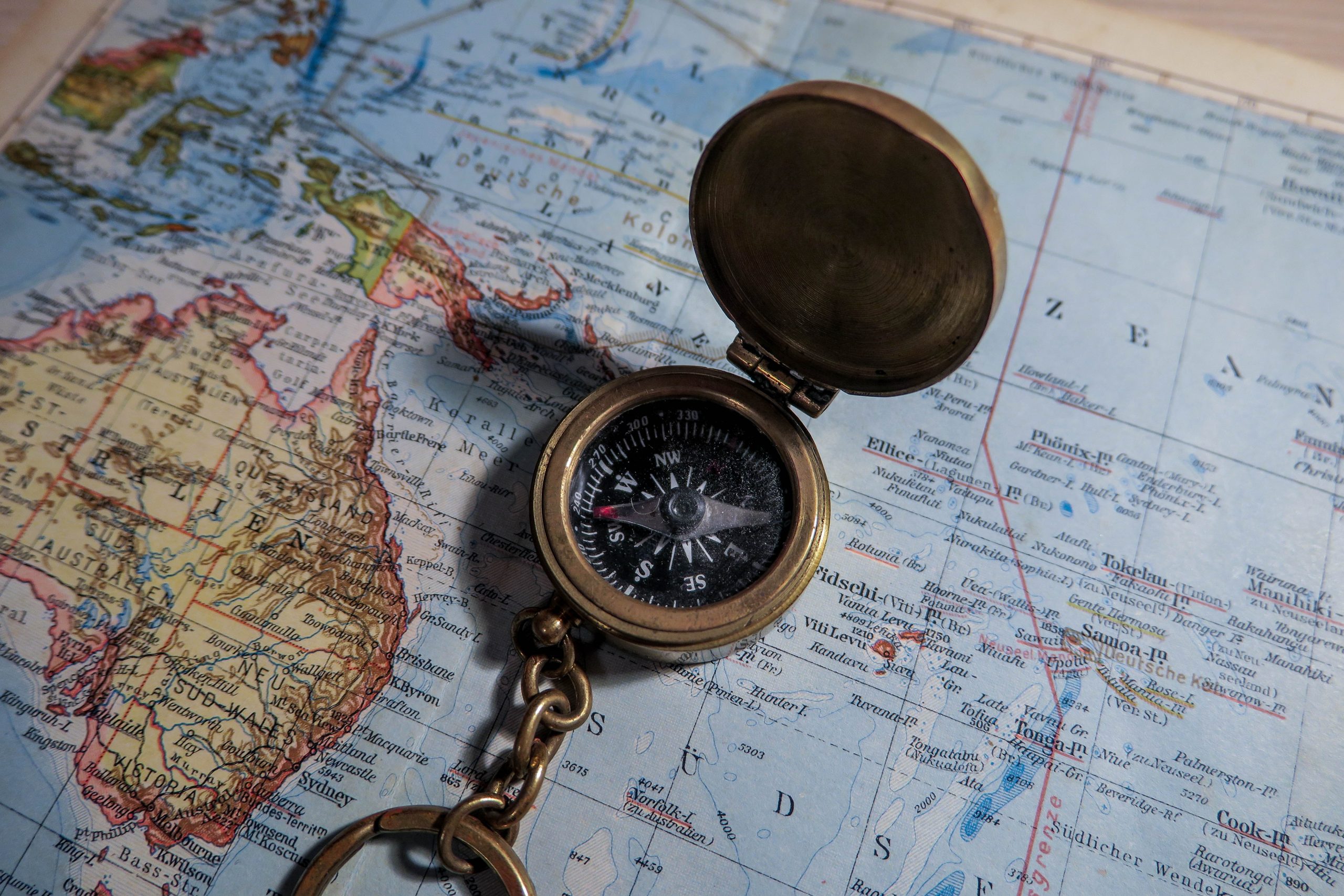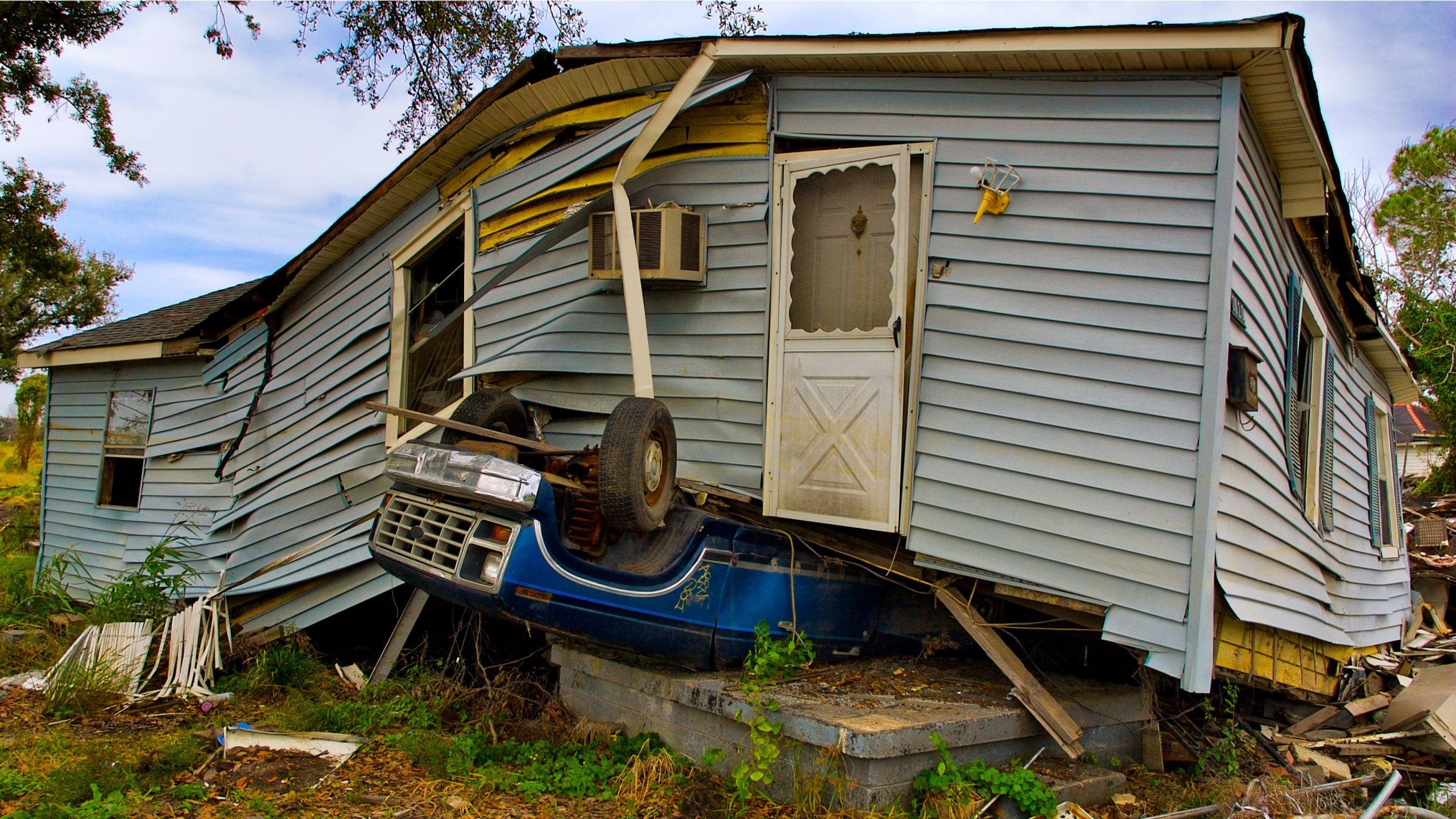Kenneth R. Weiss is a Pulitzer Prize winner for Explanatory Reporting with his work on Altered Oceans, a five-part series – published in the Los Angeles Times – about the unfolding crisis in the world’s oceans. As a writer and journalist, he focuses on science, the environment and public health. On World Ocean Day 2021, he joined a live-streaming and interactive dialogue session moderated by the renowned journalist Veronica Fernandes. The event “immersed” the audience in the deep intricacies of the ocean, revealing how climate change and pollution are affecting it and people’s lives, and showing how stories grounded in scientific evidence can be made accessible to the public at large through journalism and writing.
My job as a storyteller is to show the human faces associated with what’s coming. I start with the science: I learn what I need to learn about a specific slice of the issue, and then I go and look for examples. How can I “show” a problem and not just “tell” the science? I think that showing and telling stories is a much more powerful way to connect with people than just summing up science in clear language.
Kenneth R. Weiss
Some communities will disappear. Flooding in the Kiribati villages is pretty common. I found a grey hair woman lying on a mat on the floorboards and I asked “Why don’t you move?” and she looked at me, astonished, and she said, “Where would I go?”
Kenneth R. Weiss
The live streaming event was part of the series Seeds. Words that feed the future for the CMCC Climate Change Communication Award “Rebecca Ballestra”.






